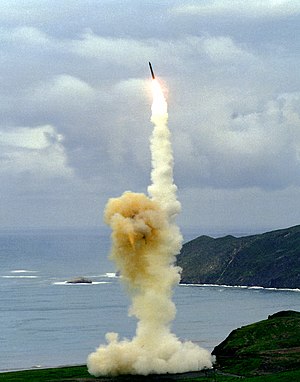As I had been predicting for long, today, Asia looks like a stage perfectly set for another version of the great game.
The last two months have been peppered with small developments all over Asia that signal a significant undertones of the evolving great game.
China has been threatening Indian vessels - both naval and exploratory vessels operating in the South China Sea, off the Vietnamese coast, which is claimed by China as its own fiefdom, ignoring the rights of the littoral states that abut the sea. Vietnam and Philippines have also faced the brunt of Chinese aggression in the region. By that logic, the entire Indian Ocean and the Bay of Bengal is our area, and wouldn't it be sane to boot the Chinese from its upcoming bases and listening posts in Myanmar (Coco Islands) and Sri Lanka.
Another signal of capitulation was the American denial of advanced F-16 fighter jets to Taiwan - that is despite the Taiwan Relations Act of 1979 which obligates the United States to provide weaponry for defence of Taiwan against the obvious aggressor. Instead the Americans dangled an offer to upgrade Taiwan's aging F-16 fleet. It appeared that the United States capitulated under Chinese pressure. Was there a quid-pro-quo - the United States gives up in return for Chinese economic support?
But then Japan, the United States, Australia and India revived the idea of a dialogue on regional security. It is understood from the press that India expressed its discomfort in participating in the dialogue given the mistrust that Australia had shown towards India by denying us uranium supplies. The Rudd doctrine seems to have been given the boot by Julia Gillard, in an unprecedented, but pragmatic move.
Australia because of its strong regional presence has an important role to play, India knows that and would be willing work alongside the Australians. The major irritant, uranium, would hopefully be dealt with, but public opinion in India could be a deciding factor, for there has been simmering anger over continued racist attacks against Indian diaspora in Australia.
But then baby steps are being taken and some military exercises are being planned.
Within India, not only in the north, but also in the south, there is a great public anxiety over the Chinese military build-up on the northern borders. The government has to get its act together to equip the forces in the north with infrastructure and armaments. We need fighter squadrons and mountain battalions in these regions. India, according to the defence journalist, Shiv Aroor, is likely to test fire the Agni V missile, with a range that covers the whole of China and beyond.
India off late has given the Chinese more than enough signals that we would not capitulate. Deepening ties with Vietnam have led to speculate that it emerge as "India's Pakistan" vis-a-vis China. I doubt that personally, but certainly we can work together in an alliance.
Defence buys from the United States are increasing. That without question, as history has proved, lays the foundation for military alliances.
The Chinese will certainly be irritated with the Americans and the Australians with the opening of the Darwin military base, one of America's biggest bases in the region. The first brick of the alliance has been laid.
China has economic and military might, but at the same time its conduct has made it appear demonic in the region, laying to rest all that talk about the "peaceful rise". If such conduct continues, Asian powers with the United States will coalesce into an Asian NATO. India should not shy away from partnering the United States, Australia, Japan, Vietnam and other powers here in the region, as Chinese provocation would not abate any time now. That was obvious when the Chinese Ambassador to New Delhi, Zhang Yan, asked an Indian journalist to shut up when being questioned about an inaccurate depiction of the Indo-Tibetan border. If the Chinese provocation continues, we do have the Tibetan card to play.
The next 15 years will, undoubtedly, be very interesting. The strategies will play out on this vast chessboard that stretches from the Red Sea to the Pacific. Its a big question as to who would checkmate whom!
But the big questions today are quite a few. Is the ostrich is finally taking its head out of the sand? Is finally India finally playing a strategic game or is it still making unconnected tactical moves?











